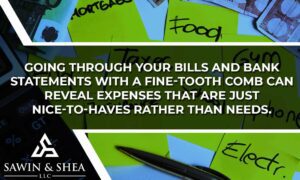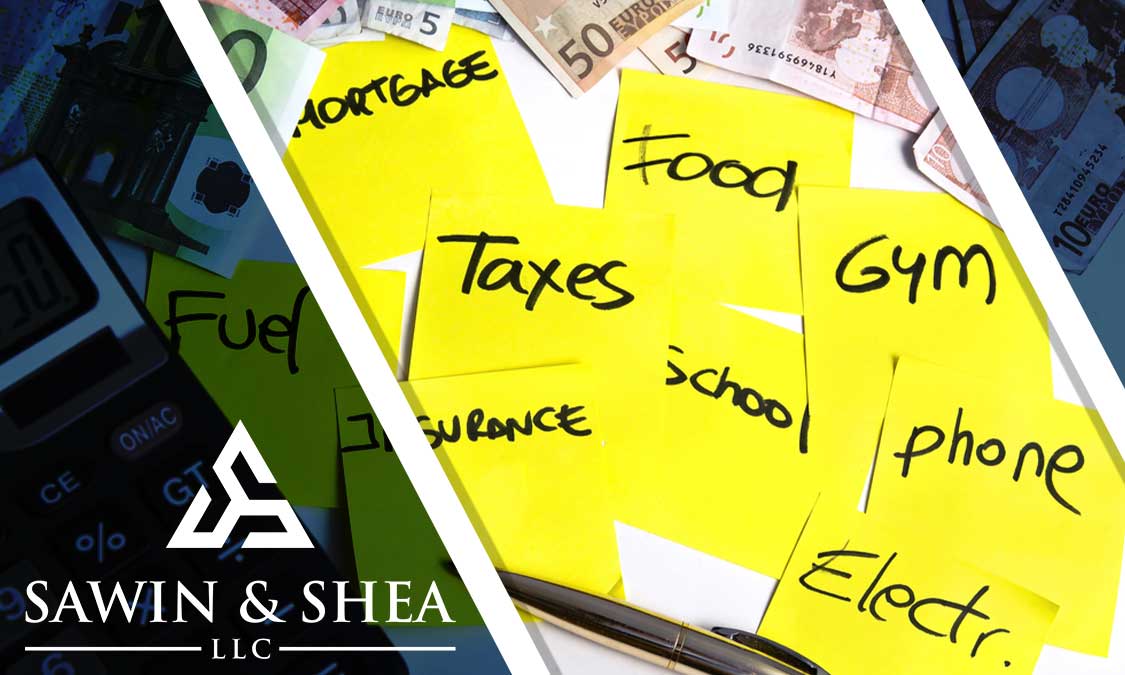Being in debt is stressful, but trying to pay it off with a low income can feel like an impossible task. However, there are ways to cut your expenses and chip away at what you owe through smart financial management techniques and budget-friendly strategies. With some frugal living tips and discipline, you can regain control of your finances.
Make a Debt Payment Plan
The first step is getting organized by listing out all your debts – the creditor, interest rate, minimum payment, and total balance for each. This gives you a clear picture of what you owe. From there, decide on a debt repayment strategy that works for your situation. The debt snowball method has you pay minimums on all debts except the smallest, which you attack with any extra funds until it’s paid off. Then you roll that payment to the next debt. The debt avalanche approach is similar but focuses on paying the highest interest debt first. Apps like Undebt.it can help create a plan.
Cut Unnecessary Expenses

Going through your bills and bank statements with a fine-tooth comb can reveal expenses that are just nice-to-haves rather than needs.
Trim things like:
- Streaming services beyond one basic plan
- Gym memberships if you can work out at home
- Subscription boxes
- Cable TV
- Dining out frequently
Look for more affordable options for needs like cell phone plans, car insurance rates, etc. And be sure to take advantage of discounts, coupons, and loyalty programs.
Reduce Housing Costs

Housing is likely your biggest monthly expense. If your rent or mortgage is barely affordable, consider downsizing to a cheaper place. Or look into renting out a spare room to make some extra income from your living situation. You can also try negotiating your rent for a discount or lower rate.
Limit Transportation Costs
Gas, car insurance, maintenance, and other auto expenses can put a big dent in your budget. If possible, opt for public transportation, carpooling, or biking to save money. When buying a car, choose an affordable used vehicle and negotiate the best possible price. Maintain your car so it lasts longer and use apps to find the cheapest gas prices nearby.
Economize Utility Bills
Being mindful of energy usage at home can lead to lower utility bills, which frees up money to put towards debt.
Take simple steps like:
- Adjusting the thermostat when away from home
- Switching to LED light bulbs
- Running appliances during off-peak hours
- Insulating drafty windows and doors
You can also call utility providers to discuss income-based assistance programs if you qualify.
Plan Affordable Meals
Food is another necessity where you can likely cut costs through budgeting and preparation. Make a grocery list based on weekly meal plans and stick to it. Buy generic, store-brand items as much as possible. Limit eating out and pack frugal lunches. Buy non-perishables in bulk and check for coupons/discounts. Apps like Ibotta offer cash back on groceries, too.
Earn Side Income
If your regular income alone won’t be enough to make a dent in debt, look for side gigs and income streams to supplement it. Try freelancing skills like writing, coding, tutoring, or graphic design. Drive for a rideshare service, do tasks via apps like TaskRabbit, rent out a room on Airbnb, or sell items around the house. Every bit of extra income can go directly to paying down debt faster.
Use Extra Funds Wisely
If you receive a tax refund, inheritance, bonus, or any other type of financial windfall, put as much of it as possible toward chipping away at debt balances. Avoid the temptation to splurge. Making a lump sum payment can reduce interest charges and shave months or years off your debt repayment timeline.
Debt Negotiation and Bankruptcy
If all else fails and you truly cannot meet minimum debt payments,speak to a bankruptcy attorney to see if filing a case is right for you.
The path out of debt on a limited income requires sacrifice, budgeting discipline, and persistence. However, employing smart financial management techniques like those above can slowly chip away at what’s owed over time. Don’t lose hope – frugal living and opening new income streams can make it possible.
If you’re considering bankruptcy, remember that there’s no shame in filing. Bankruptcy is the best financial option for many with an excess of debt, and it may be the right tool to get your finances back on track.
For bankruptcy assistance in Indiana, contact the experienced bankruptcy attorneys at Sawin & Shea, LLC. You can schedule a free case consultation today online or by calling 317-759-1483.



